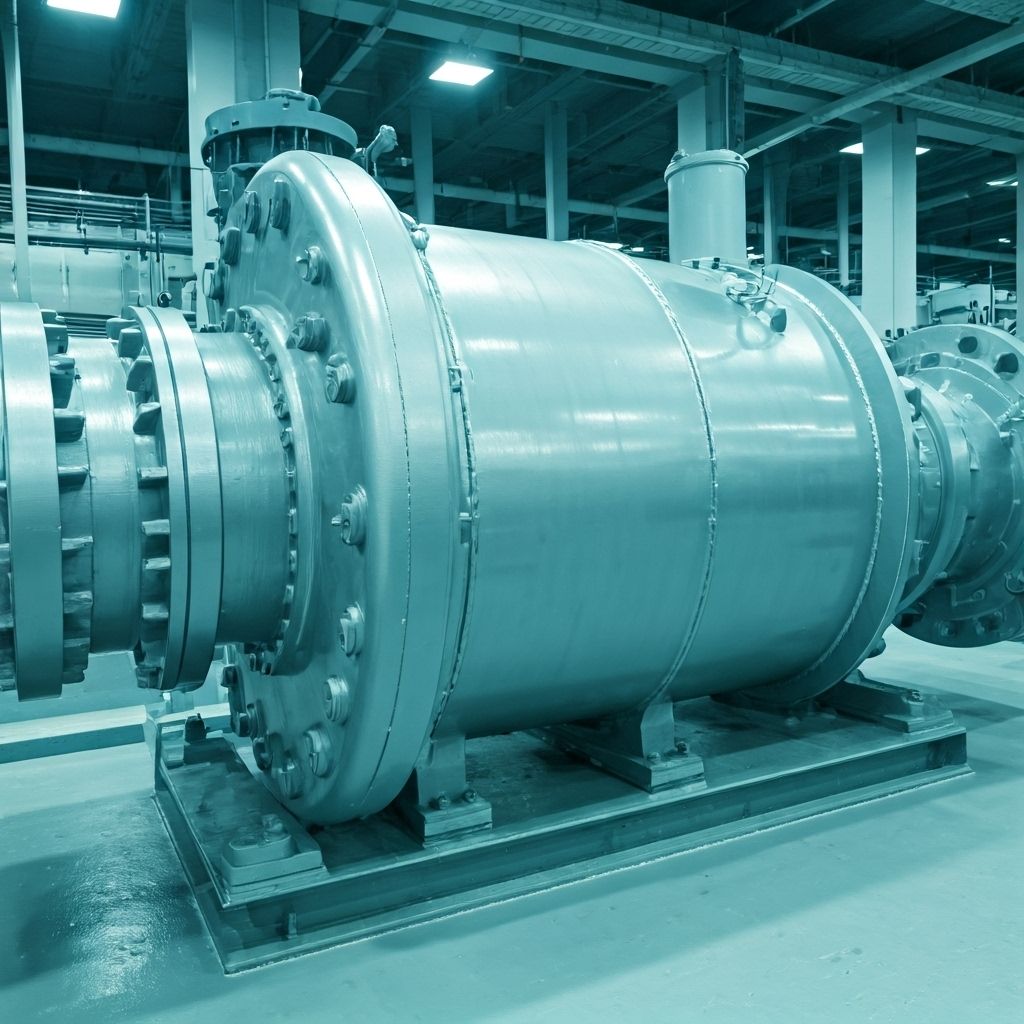Advanced Optimization Techniques for Centrifugal Compressors
Explore cutting-edge methods to enhance centrifugal compressor performance, reduce energy consumption, and extend operational life through advanced engineering techniques.
Dr. Sarah Chen
Engineering Consultant

Centrifugal compressors are critical components in many industrial processes, from oil and gas production to chemical manufacturing. Optimizing their performance can lead to significant energy savings and improved operational efficiency.
Understanding Compressor Performance Maps
Performance maps are essential tools for understanding how a centrifugal compressor operates under different conditions. These maps show the relationship between flow rate, pressure ratio, and efficiency across the compressor's operating range.
Key Optimization Strategies
1. Impeller Design Modifications
Modern computational fluid dynamics (CFD) allows engineers to optimize impeller geometry for specific operating conditions. Key considerations include:
- Blade angle optimization for improved flow characteristics
- Impeller diameter adjustments for optimal tip speed
- Surface finish improvements to reduce friction losses
2. Variable Geometry Systems
Implementing variable inlet guide vanes (VIGVs) and variable diffuser systems can significantly expand the compressor's operating range while maintaining high efficiency.
3. Advanced Control Systems
Modern control systems can optimize compressor operation in real-time by:
- Monitoring performance parameters continuously
- Adjusting operating conditions to maintain peak efficiency
- Predicting maintenance needs through condition monitoring
Case Study: 15% Efficiency Improvement
In a recent project, our team implemented a comprehensive optimization program for a natural gas processing facility. Through impeller modifications, control system upgrades, and operational adjustments, we achieved a 15% improvement in overall compressor efficiency, resulting in annual energy savings of over $2 million.
Conclusion
Centrifugal compressor optimization requires a holistic approach combining advanced engineering analysis, modern control systems, and operational expertise. The investment in optimization typically pays for itself within 12-18 months through energy savings and improved reliability.
